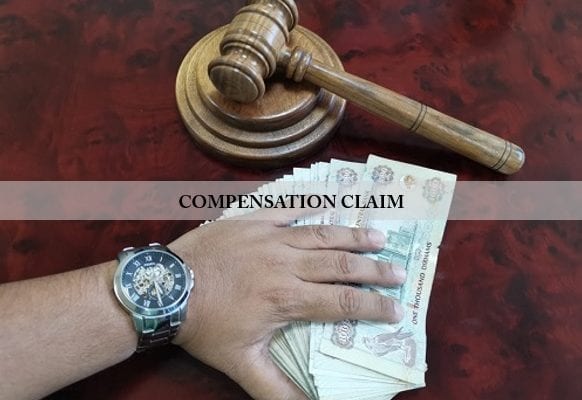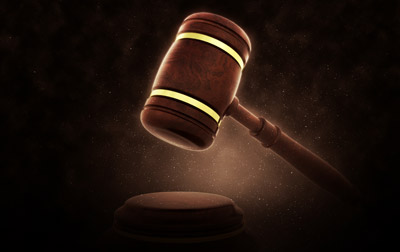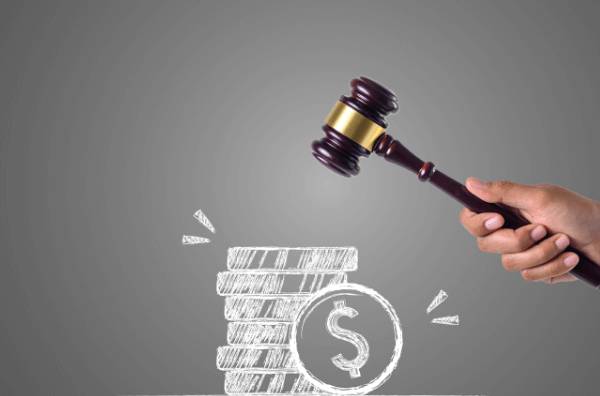How to Claim Compensation if you are a Victim of a Criminal Case.

Know the procedure on how to Claim Compensation if you are a Victim of a Criminal Case.
Many individuals who have suffered from a criminal act are oblivious of their rights to seek financial compensation for loss of potential gains and incurred damages caused by the offense. Furthermore, in most criminal cases, the victim is unaware that the monetary penalty imposed on the accused during a criminal proceeding is to be paid to the court and not to the victim. This means that unless the victim files a separate civil lawsuit to claim compensation from the accused, he will not be able to receive any payment for the damages resulting from the offense.
In the United Arab Emirates, victims of criminal offenses are given the right to seek financial recompense for a criminal offense. According to the UAE Civil Law, the financial compensation can be demanded by the victim regardless of the nature of the offense – whether it be financial, physical and so on.
When an individual becomes a victim of any criminal conduct, this is reckoned to be a distressing situation that could affect the individual’s well-being. The effect is not always a financial loss. However, being recompensed financially can still help the victim recover from the situation and remedy the out-turn of the crime that has been inflicted on him. Furthermore, it can also be a way of seeking justice and getting a closure.
The Criminal Procedure in the UAE gives the victims of any form of crimes a legitimate prerogative to claim compensation. A civil claim given to the victim will be decided by the criminal courts during the criminal procedure prior to the judgment of the First Instance Criminal Court which hears civil cases. This too protects the constitutional rights of suspects and defendants to ensure all stages of investigation, arrest, trial and sentencing are conducted indiscriminately. The limit to the amount that can be claimed depends on the discretion of the courts.
In addition, if the victim holds an insurance policy, the insurer or the insurance company has the right to file a financial claim before the criminal courts throughout the litigation. This is determined by the damages done by the crime.
There are three anticipated circumstances that the criminal courts decide on the civil claim raised within the criminal trial. If the suspect is found guilty, it will be the court’s discretion to grant the full or partial compensation amount. In cases where the compensation amount demands a tedious process such that further investigation is required to assess the situation, the courts have the right to decide on the suspect’s verdict and consequently refer the civil claim to the Civil Courts. Lastly, the Criminal Courts would dismiss the criminal allegations if the suspect is found innocent. This can also be the decision if the case is merely a civil dispute. In such an event, the case will be referred to the civil courts. There is also a probability that the courts will disapprove the compensation.
Some of the questions relating to this subject that need to be addressed are the following:
- Question: When is the best time to file a civil case – before the Civil Courts now or before the Criminal Courts?
Answer: There is no single answer to this question as the matter will always be affected by the nature of the offense, but considering practicality, it is advisable for the accused to file the case first in the Criminal Courts. Doing so will give the victim and his lawyer the rights to participate and attend the hearings in the First Instance Courts and to file a complaint for appeal should the accusation of crime be dismissed.
- Question: Will a “Not-Guilty” verdict on a criminal case automatically cause the dismissal of the civil case filed?
Answer: Criminal cases may be dismissed due to insufficient evidences or absence of breach of the criminal law. The accused is then given a “Not-Guilty” verdict. However, the civil case will not be automatically dismissed if there is a valid claim in the civil courts. The basis can be a tortious liability whereby a person’s rights are violated. The other basis is a contractual liability where a risk is assumed on behalf of another party as a result of a contractual agreement.
The civil case may be dropped by the victim any time during the legal process.
Disclaimer: This article focuses on general legal information extracted from the UAE Criminal Procedures Federal Law No. (35) Of the Year 1992 and from the experiences of Al Reyami Advocates & Muhyealdeen International Legal Consultants. Thus, any information provided herein is only a general advice or a set of guidelines. This article must neither take the place of a legal counsel from a professional legal service provider nor keep the reader from seeking legal advice, initiating a legal proceeding or suspending an ongoing case.
For Free Legal Consultation, Call Us Today!






